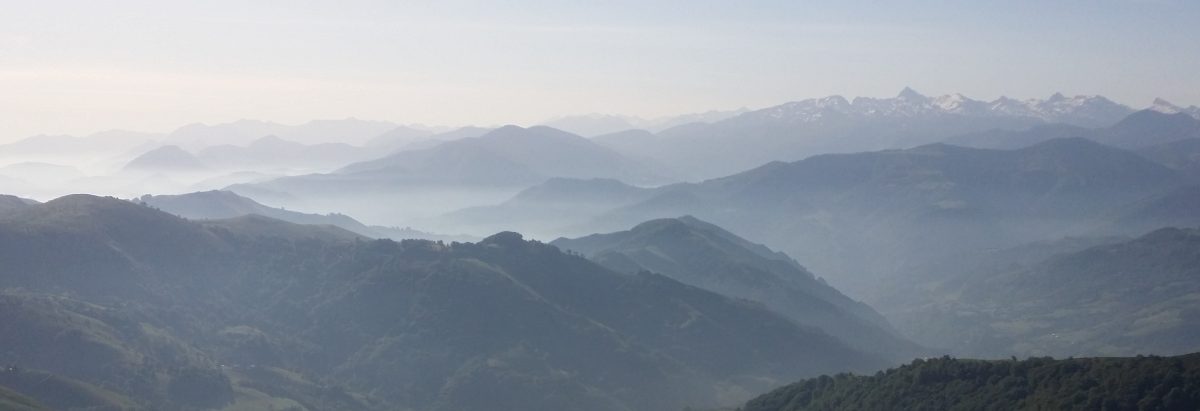As discussed on the Can “we” change the world? page, to democratically steer societies, collective action must focus on the power of the state. Capturing the power of the state holds the key to bringing about systemic change. While this is not a novel insight and has been the subject of much reflection, debate and action, it is far from clear how “the people” can gain democratic control over the state and use its power to steer society into what is collectively considered to be a desirable direction. Past instances of popular revolutions as well as the experiences of liberal democracies indicate that, even if nominally they portend to put state power into the hands of the people, in practice, that power has been exercised by small groups or elites who have used that power in ways that do not necessarily serve the views and interests of the people as expressed by the people. Claiming to speak for the people, revolutionary regimes and liberal democracies have used the power of the state mainly in the service of the ideologies, interests, and agendas of leaders, social classes and/or elites. Whether and how the power of the state can be conquered and used by the people and for the people remain open questions.
Strategic collective agency
How to capture the power of the state has, of course, been a key question facing the opponents of tyranny, exploitation, and oppression. More or less organised and broadly supported rebellions and political revolutions have put their mark on the history of many countries, including the United States, France, Russia, and China. In many cases, the effectiveness of rebellions (including those that occurred during the 2010s under the banner of the Arab Spring) in bringing about a significant and durable change in the allocation and distribution of power has been doubtful or nil. Political revolutions have tended to be much more successful in this respect, but they often simply led to a change of elite(s) or ruling class, even if in the name of the people. They tended not to bring about the reallocation and redistribution of power (notably of economic power) that is necessary for the creation of enduring democracy. However, despite these failures, rebellions and/or revolutions are bound to re-occur if political regimes fail to fulfil the functions of the state, especially when living conditions are getting desperate. Continuing environmental degradation and global heating are likely to contribute to the destabilisation of societies and further erosion of the legitimacy of states, creating a vicious circle that leads to an ever-diminishing collective capacity to bring a halt to the planetary tragedy.
But rather than staging revolutions to conquer the power of states, I advocate a different form of strategic collective action. The approach involves a three-step process. The first is social mobilisation aimed at conquering the power of the state by the institutionalisation of popular sovereignty. This involves the creation of Sovereign People’s Authorities as the supreme political institutions. Once these are in place, and the balance of political-institutional power has been shifted towards the citizenry, this will make it possible to initiate further political transformation required for the democratisation and the “greening” of state institutions. This, in turn, would make it possible to bring about a third wave of systemic changes, including economic transformation (of the production system—including energy, industry, transport, and agriculture—and the economic institutions), and socio-cultural transformation (of education, the media, and science and technology systems, and other). These transformations need to be undertaken concomitantly with the pursuit of global transformation, notably by cooperation in networks of like-minded states that share a commitment to the principles of popular sovereignty, democracy, sustainability, and global justice.
